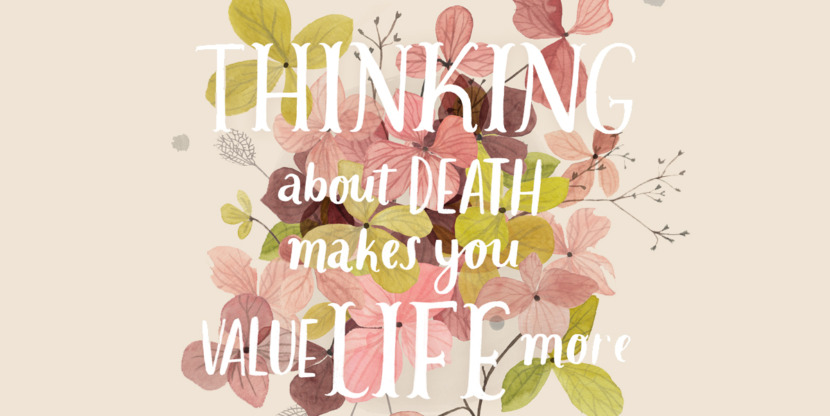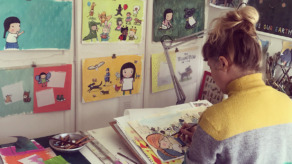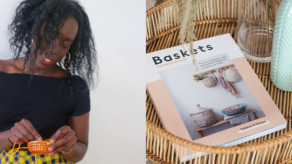Why it’s good to think about death

We know that death is an inevitable part of life, yet we prefer to not talk about it. But according to British psychotherapist Julia Samuel, who has been providing mourning counseling for more than 25 years, we’re shortchanging ourselves by doing that.
Do you think that society as a whole is not paying enough attention to death?
“For a long time, death could take you at any given moment: women died in childbirth, the most horrible diseases that we had no cure for took their toll. Death was a big part of everyday life. Now it’s mainly tucked away in hospitals. If someone gets ill, they count on their doctor to make them better again. We live longer and healthier lives, and think, deep in our hearts, that we can outsmart death. Until we die or someone close to us dies and it turns out that we have nothing to say about it at all. Death—and the mourning process after the death of a loved one—is the ultimate loss of control and we find that very difficult nowadays. So, yes, I think we are not paying enough attention to death and are therefore less comfortable with it than before.”
How can you prepare for death and for mourning?
“There are few certainties in life, but none as irrevocable as the fact that you will have to deal with death and mourning. Despite all the medicines and knowledge that we have now, we all end up dead. So you had better be prepared for that. You can do that by talking about death with your loved ones, whether they are dying or not. Ask your partner, family members and your good friends if they are afraid of it, what they imagine, what they want done with their bodies after their death, what music they would like to have at their funeral. Emotions often run high around death, and you often don’t know what to do, and then feel guilty about it later on. You can prevent that if you know what the deceased wanted.
When my mother died, she was old and she had lived a beautiful life. But she absolutely did not want to talk about her death. The only thing I managed to persuade her to do in her last months was to write down her wishes for her funeral. I come from a family of five children, all people with strong opinions of their own. It would have been a nightmare if we would have had to organize her funeral. Now we had that list and we knew that everything went as she wished. In this way we could use our energy, instead of having to argue with each other, to actively get started with the processing of the loss, with mourning.”
- Read the full interview with Julia Samuel in Issue 29.
Text Liddie Austin Illustration Valesca van Waveren







